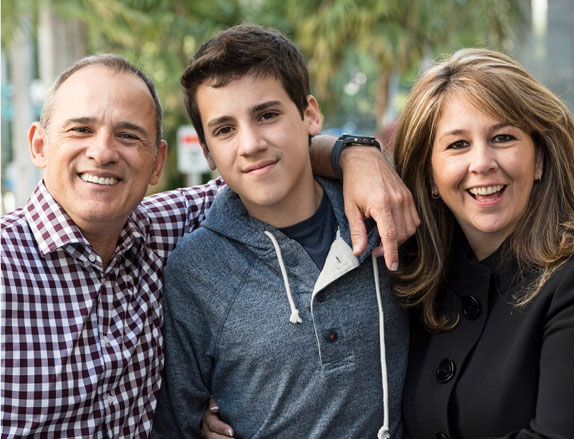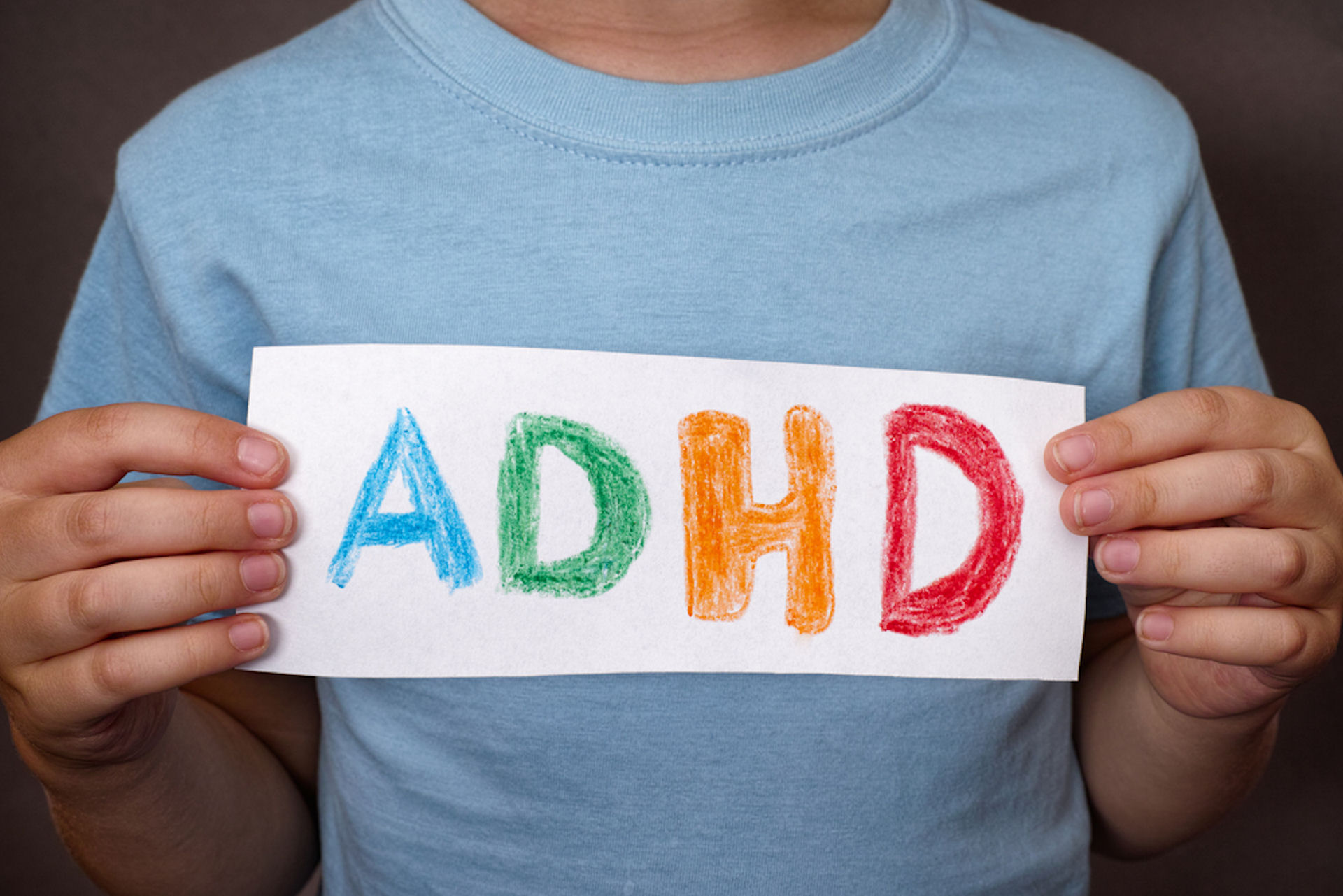Parent Support
The Importance of Supporting Parents When Their Adolescent Is Struggling With Anxiety, Depression or Trauma
When a child or adolescent is struggling, a parent would do anything to reduce their suffering. Recent research has documented the dramatic increases in adolescent anxiety and depression and families have become acutely aware of the importance of early assessment and evidence-based treatment for their child. Parents often struggle in similar ways as their child and can question their role in their adolescent’s struggle. Were there things I could have done as a parent to prevent this? Did I miss something in my child’s development? How can I ensure that they are getting the treatment that they need? Finding thoughtful and compassionate support for parents can be as important as treating the adolescent themselves, particularly when adolescents return home to their community after treatment.

Think about the last time you were on an airplane. Before the flight’s departure, the plane’s crew instructs the passengers that, in the event of an emergency, everyone should place their own oxygen mask on their face prior to assisting those around you. The thought process is simple: people are more effective at helping those around them when they have ample resources themselves. Parenting during a crisis can be viewed in a similar manner. Often, families in crisis place the majority of their time and resources toward their suffering child, neglecting their own needs for help and support. This produces a stressed, exhausted family system that can be less effective in supporting themselves and, ultimately, the child who is suffering. When parents and siblings attend to their own needs and access support while their child is in treatment, they become better and more effective parents and siblings to the child in crisis during the treatment process and beyond.
How can parents access support for themselves as well as their child in treatment? For adolescents in residential care, comprehensive treatment services have parent support and effectiveness programs as an integral component of care. Effective support extends far beyond pre-recorded webinars, weekly therapy or providing psychoeducational reading materials for parents. Comprehensive, compassionate residential care should provide weekly family therapy and programming that includes group-based support, multi-family groups and time for families to be together as a family system. Too often, programs place artificial restrictions limiting the amount of phone contact and visitation time between parents and adolescents. The goal at Paradigm San Francisco is to help reunite families and create a more cohesive, skillful and healthy family.
At Paradigm Treatment, we place necessary restrictions on phone contact or visitations between parents and their child in our 30-45 day residential program. We provide 6 hours of weekly support and therapy to help families heal, become more effective family systems and work toward ‘getting their family back’ again. Through small groups where parents can receive compassionate support and parent effectiveness skills to groups where parents and adolescents can work together to learn from one another, Paradigm San Francisco has created a successful, outcome driven family model where each person in the family can feel supported and families can establish effective, supportive and nurturing relationship that adequately support everyone. This service is included at no charge to all families during the adolescents stay and is open to Paradigm alumni and their families free of charge for up to 3 years following discharge.

Tips for Parents
If you’re not ready to begin a conversation with us, these are a few tips we always offer, if you know a teen that may be in trouble:
If you feel that someone you care about is struggling and may need professional help regarding a substance abuse or mental health issue, there’s probably a reason you feel that way. In our experience, it’s always better to speak up and be wrong than to be quiet and have the young person continue to struggle. Especially in instances where you feel the teen might be in danger, remember that speaking up only means you care.
Try to have the conversation at a time and place where both of you can speak openly. There may be no “perfect” time but be sensitive to creating the best environment possible.
Even though these conversations can feel delicate, clearly say what you need to say and don’t be afraid to ask direct questions, in a respectful way.
Focus on what you’re feeling, what you’ve observed and/or what concerns or questions you may have. No need to get into rumors or anything that might feel like judgment. This will help teens to hear you without feeling attacked.
Statistics show that most teens wait far too long before they ask for help, which means they continue to suffer and struggle, as symptoms and conditions progress. If you’re going to speak up, don’t wait. The sooner you do, the sooner they can get help and start to feel better.
If you believe there’s a problem, it’s so important to speak up. We truly understand how difficult and scary this can be, especially if the teen might have confided in you, but when it comes to addiction and mental health issues, secrets can be deadly. Tell a friend, parent, teacher, counselor, or call us.
It can be discouraging if your first attempt at intervening isn’t successful. This can happen for many different reasons, especially because making big changes can be so scary and difficult. The good news is there are mental health professionals that can help you through this process and who specialize in knowing how to help teens to begin. If you need recommendations for interventionists in your area, please call us and we’d be happy to help connect you.
If you have questions or need assistance with something, please call us. We are dedicated to helping improve the lives of young people and are always available to help a family in need, however we can. There are truly no stupid questions and sometimes, you find insight and guidance in a conversation where you least expected it.
Contact An Admissions Counselor Here.
Speak with Admissions Now, Call (855) 921-4973 or Use the Simple Form Below.


Top Red Flags in Teenager Behavior: Parent Guide
Distinguishing red flags in teenage behavior is difficult, considering the natural emotional and physical changes that occur at that age. So much so that the warning signs often go unnoticed until it is far too late.

Signs of a Codependent Parent: How to Heal
Codependency is often thought of in the form of substance use disorders and alcohol addictions. This is actually where the whole concept of codependency was born.

Guide For Parenting ADHD Teens
Living with a teen with attention deficit hyperactivity disorder (ADD or ADHD) can be a rollercoaster of frustration, triumphs, and disappointments.





